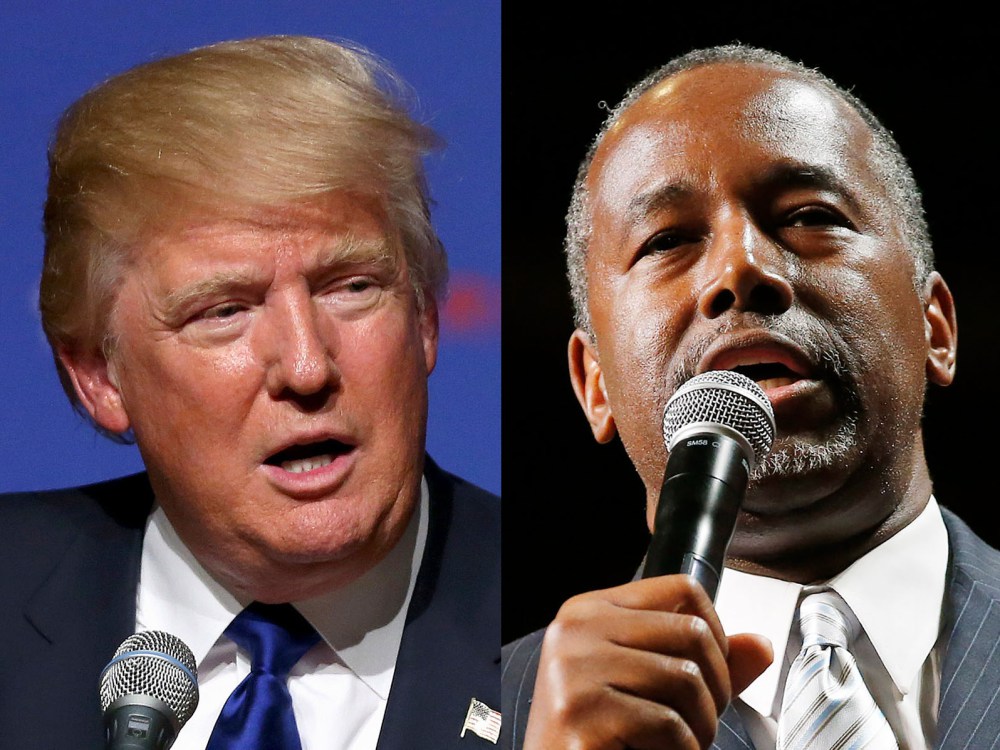This past week a number of remarks were made that leave me a great cause for concern. On Sept. 22 presidential candidate Ben Carson proclaimed on NBC’s Meet the Press that he “would not advocate putting a Muslim in charge of this nation.” A few days prior on Sept. 18, an audience member at a Donald Trump rally disparaged Muslims.
Trump turned a cold cheek to the manner and let the remarks slide.
Perhaps what is most troublesome is that a significant number of Americans agree with both of these sentiments. Surveys conducted by the Pew Research Center show that about 45 percent of Americans are less likely to vote for someone who is Muslim. Pew also found that between 40 and 50 percent of Americans believe Islam is more likely than other religions to provoke violence. These beliefs clearly have support, as Carson’s campaign experienced a surge in donations after his comments.
While both incidents may hurt Carson and Trump in the long run—making them less viable for a large audience—what matters here is the reaction. Trump, who has also made disparaging remarks against immigrants, sits at the top of polls for the GOP nomination. What is it that garners these people so much support?
I believe Trump, Carson and several other candidates are cashing in on America’s long history of xenophobia.
Deep-seeded patriotism, combined with media influence, can give many Americans a fear or dislike of what is (or appears to be) foreign and unfamiliar. From the immigration influx 100 years ago to the Red Scare of the 1940s and 50s, the United States is no stranger to resenting the foreign. In the latest wave of American xenophobia—a possible reaction to the Gulf War, the 9/11 terrorist attacks and the Iraq and Afghanistan Wars—Islam, its followers and those hailing from the Middle East can be considered the foremost targets.
While it’s true that it could never be fully eradicated, it should not be as prevalent in today’s society as it is. In the 1950s people only were able to get news from their extremely small amounts of television and radio broadcasts, newspapers and word of mouth. In essence, they believed what they were told.
With the staggering amount of information available to the majority of Americans on a daily basis, ignorance on topics such as this should not exist. Sadly, this is not the case.
Perhaps further into the future, as more access to information presents itself for more Americans, the United States can be a leading figure in tolerance and equality for the rest of the world.
Photo Courtesy therightscoop.com






